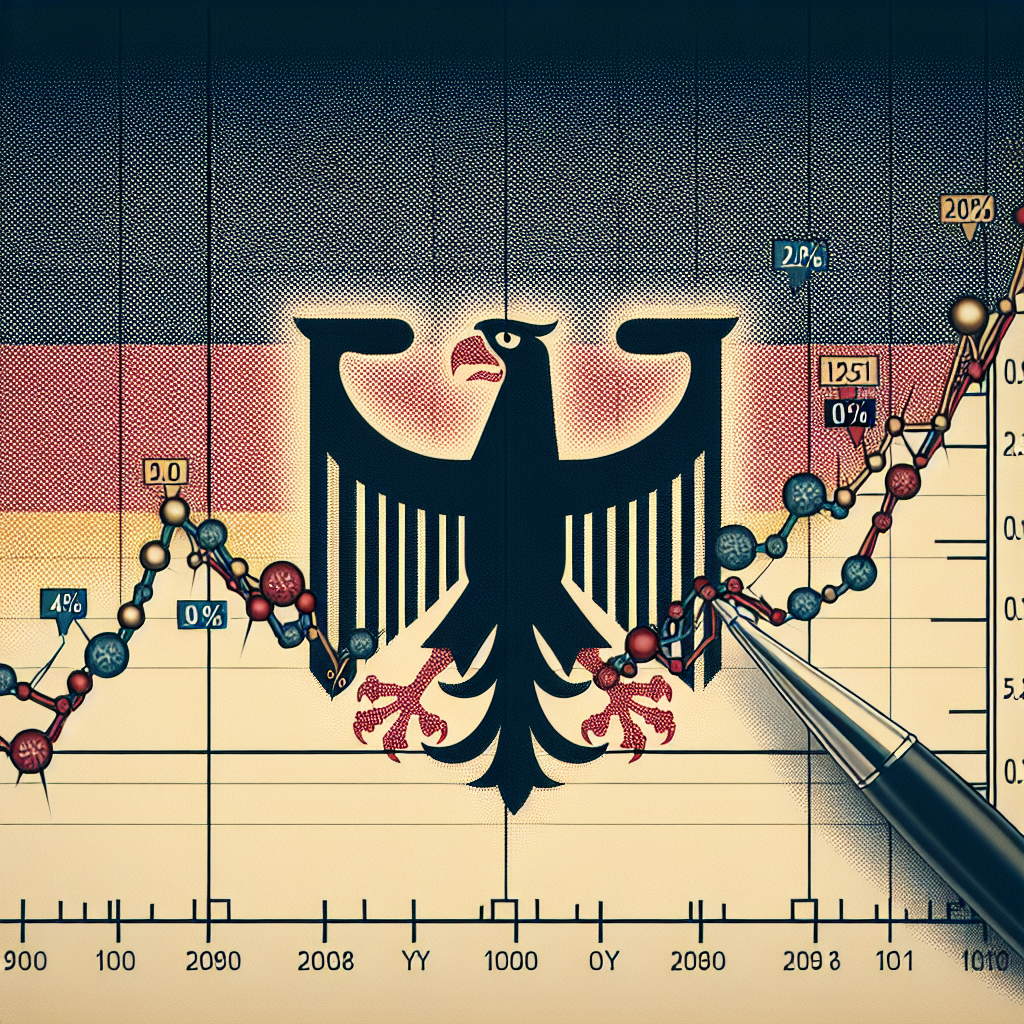Soft U.S. Economic Data Sparks Demand for German Bonds
Germany's 10-year government bonds gained popularity as U.S. economic data softened global risk appetite. With diverging Federal Reserve views adding uncertainty to interest rate prospects, safe-haven assets like Bunds attracted investors amid volatile equity markets. European markets followed U.S. trends, with European Central Bank policies also affecting bond yields.

Germany's 10-year government bonds were highly sought after on Tuesday as softened U.S. economic indicators tempered global risk appetite. Competing views among Federal Reserve policymakers added to the uncertainty surrounding interest rate forecasts. Meanwhile, European stock markets opened to further losses following declines in Asia, and U.S. equity futures receded after strong recent performances due to warnings from major banks about a potential correction.
The pervasive risk-averse sentiment in global markets heightened the appeal of German government bonds, traditionally seen as a safe investment within the eurozone when investor confidence wanes. "In a risk-off environment marked by equity sell-offs, Bunds provide a reliable euro-denominated sanctuary," noted Rene Albrecht, rates analyst at DZ Bank.
The benchmark 10-year bond yield for Germany fell by 1.5 basis points, settling at 2.651%. This follows its peak reached since October 10. Yields for 10-year bonds in France also declined, with a one basis point drop to 3.43%, while the spread between French and German 10-year bonds was 79 basis points. Despite a quiet European Central Bank policy meeting last week, German bond yields adjusted in line with cues from the U.S.
ALSO READ
-
Dollar Soars on Federal Reserve Divisions: Market Turbulence and Global Currency Shifts
-
Jacob Bethell Secures Maiden ECB Central Contract
-
Emerging Markets Face Turbulence Amid Federal Reserve Uncertainty
-
Dollar Steadies Amid Federal Reserve Divides and Global Currency Fluctuations
-
AI Deals Propel Nasdaq as Uncertainty Looms Over Federal Reserve's Strategy









